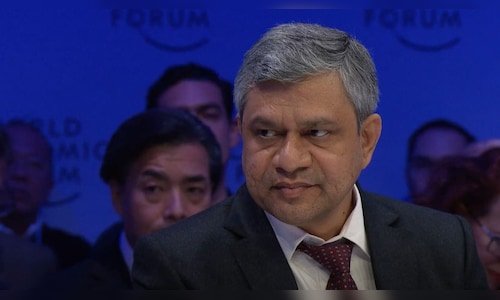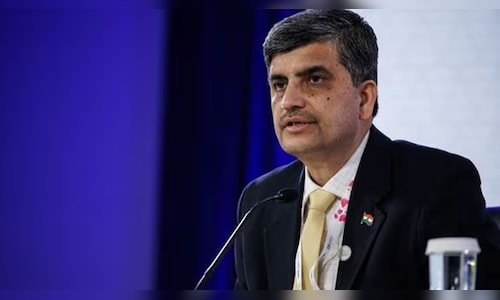“The most important aspect of electronics manufacturing is its employment potential,” said Ashwini Vaishnaw, Minister of IT & Electronics. “We are now aiming towards 60 lakh employment potential.”
On Friday, the Union Cabinet approved the PLI scheme with an outlay of ₹23,000 crore to boost domestic manufacturing of key electronic components. Though slightly lower than the ₹40,000 crore that the industry sought, the initiative is expected to drive large-scale production and strengthen India’s position in the global electronics market.
Comprehensive Support for Electronics Components
The scheme will provide extensive support for various components, including printed circuit boards (PCBs), surface-mount (SMT) and non-SMT components, and semiconductors. “With this scheme, we’ll be able to support a large number of components which go into manufacturing finished goods, increasing domestic value addition,” Vaishnaw stated.
Explosive Growth in Electronics Manufacturing
India’s electronics sector has witnessed significant growth over the past decade. Manufacturing has expanded five times, while exports have surged six times, making electronics one of the country’s top three exported items.
Targeting a $300 Billion Industry by 2030
The government’s long-term vision is to establish a $300 billion electronics sector by 2030. “This scheme will play a critical role in achieving that target by enabling large-scale production and strengthening supply chains,” Vaishnaw noted.
Focus on Export-Led Growth, Not Just Import Substitution
While domestic manufacturing will help reduce dependence on imports, the government is focusing on export-led growth. “We are not just looking at import substitution; we want large-scale manufacturing of these components for the entire world,” Vaishnaw emphasised.
To accommodate the unique requirements of electronics manufacturing, the government is working on updating regulations in collaboration with state governments and the labour ministry. “Electronics factories are different from traditional manufacturing units; they require clean, air-conditioned environments and employ thousands at a single location. This calls for a different regulatory framework,” Vaishnaw explained.
(Edited by : Ajay Vaishnav)



